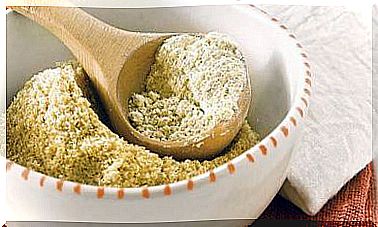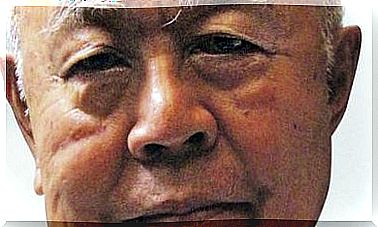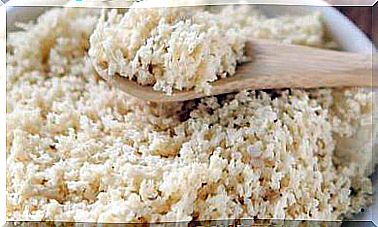6 Properties Of Ginkgo Biloba, The Tree Of Longevity
Ginkgo is one of the most outstanding plants in Chinese medicine and also one of the most studied by science. Discover the properties and benefits of ginkgo biloca

- 1. Improves blood circulation
- 2. Improves brain function
- 3. It is beneficial for the eyes
- 4. It can fight the headache
- 5. Improves the condition of the respiratory tract
- 6. Reduces the discomfort of premenstrual syndrome
The ginkgo biloba is the only tree of its species – the ginkgoales – that has not become extinct and is considered a true living fossil, since its appearance dates back 250 million years. It is not surprising that traditional Chinese medicine considers it the tree of longevity.
What is ginkgo biloba good for? Its medicinal properties are investigated by current science, which has determined a variety of indications.
1. Improves blood circulation
In traditional Chinese medicine, ginkgo is used to “open energy channels” to different systems and organs, including the kidneys, liver, brain, and lungs. Consistently, scientists have found that it is able to dilate blood vessels and improve blood delivery to all tissues in the body.
Studies with the elderly and heart disease patients revealed that ginkgo supplementation increases blood flow due to an increase (up to 12%) in circulating levels of nitric oxide, a compound that widens blood vessels.
Additional research also points to ginkgo’s protective effects on heart health, brain health, and stroke prevention.
Given the effect of ginkgo on circulation, it should not be combined with drugs that act on blood clotting.
2. Improves brain function
Some studies show that ginkgo could increase intellectual performance and perceived well-being. Specifically, it could improve memory, concentration and attention span.
A study concluded that in doses of 480 mg daily it can reduce anxiety, especially in older people.
3. It is beneficial for the eyes
Ginkgo may protect against the development of glaucoma and macular degeneration, which is the leading cause of blindness in adults, according to a review of studies. Some people can even improve their vision.
The good results observed in the studies may be related to the increased blood flow to the eyes.
4. It can fight the headache
Headache is one of the main indications for ginkgo in Chinese medicine. It especially helps in cases of headaches and migraines caused by excessive stress. In this case, in addition to the circulatory effect, the researchers point out that the benefits may be due to the action of the antioxidant compounds present in ginkgo.
On the contrary, some migraines are caused by the excessive dilation of the blood vessels. In this situation, the ginkgo may have little or no effect. However, ginkgo is ineffective and may even be contraindicated when the headache is caused by excessive dilation of the blood vessels.
5. Improves the condition of the respiratory tract
The antiinflammatory properties d ginkgo can reduce the involvement of the airways and lungs. It can help prevent and reduce the intensity of asthmatic attacks and reduce coughing in chronic bronchitis.
6. Reduces the discomfort of premenstrual syndrome
A study published in the Journal of Alternative and Complementary Medicine indicates that it reduces discomfort in young students by 23%. Curiously, the improvement occurred in both physical and psychological symptoms.
Scientific references:
- Henriques et al. The antioxidant activity of standardized extract of Ginkgo biloba (EGb 761) in rats. Phytotherapy Research.
- Hofseth et al. Ginkgo biloba extract EGb 761 has anti-inflammatory properties and ameliorates colitis in mice by driving effector T cell apoptosis. Carcinogenesis.
- Feng-Fei Wang et al. Ginkgo biloba extract improves coronary artery circulation in patients with coronary artery disease: contribution of plasma nitric oxide and endothelin-1. Phytotherapy Research.
- W. David Crews Jr. et al. A double-blind, placebo-controlled, randomized trial of Ginkgo biloba extract EGb 761 in a sample of cognitively intact older adults: neuropsychological findings. Human Psychopharmacology.
- Shan Lin et. Ginkgo biloba and its potential role in glaucoma. Current Opinion in Ophthalmology.









